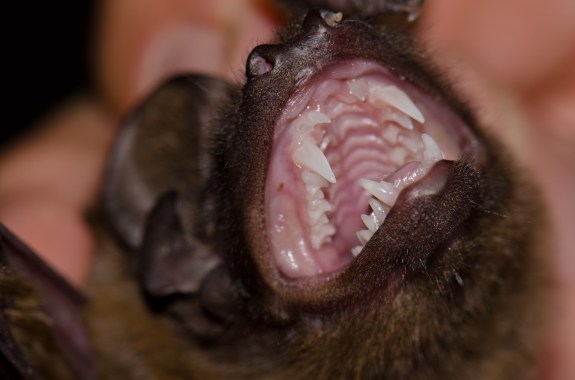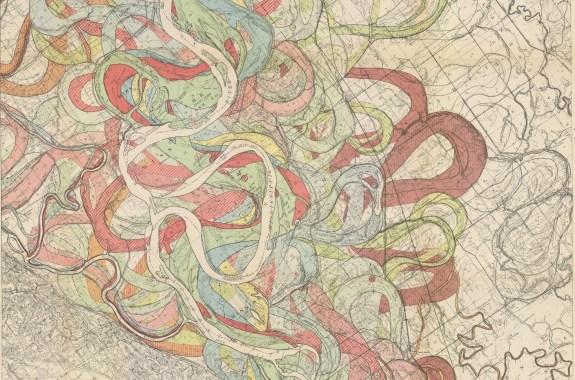On Today's Podcast
Into The Woods, From Chestnut Genetics To Tiny Forests
Genetic research could speed the restoration of the American chestnut tree. Plus, "rewilding" small spaces with fast-growing miniforests.
Listen NowFebruary 27, 2026
A new simulation shows large amounts of hydrogen in our planet’s core. Scientists report on what they found in 290-million-year-old vomit. Plus, a comedic play and a 20-year neurology study explore what we can do to prevent dementia and cognitive decline. And, a federal law aims to close the legal loophole that lets stores sell THC products from hemp.
Two Neuroscientists Envision A ‘Repair Shop’ For The Brain
In “How to Change a Memory,” neuroscientist Steve Ramirez embarks on a project to find and reactivate memories in the brains of mice.
Bearded Vulture Nests Hold Trove Of Centuries-Old Artifacts
Picking through a dozen vulture nests, scientists discovered hundreds of artifacts, including a sandal that could be more than 700 years old.
Investigating ‘Flow State’ With The Bassist From Phish
Phish bassist Mike Gordon is teaming up with neuroscientists to try to understand the transcendent experience of musical flow state.
Even Nobel Prize Winners Deal With Imposter Syndrome
Neuroscientist Ardem Patapoutian immigrated to the US, found belonging in science, and did groundbreaking work on sense of touch.
Study Finds COVID mRNA Vaccines Boost Cancer Treatment
New research found that mRNA vaccines for COVID-19 could enhance cancer treatments and help patients live longer.
Trump Renominates Entrepreneur Jared Isaacman To Lead NASA
After pulling his nomination in June, President Trump announced this week that he will renominate billionaire Jared Isaacman to lead NASA.
400-Year-Old Displays Of Human Tissue Live On In ‘Frankenstein’
The 17th century Evelyn Tables show real human nerves and veins, dried on wooden boards. Designers on the new Netflix film took note.
¿El muro fronterizo agotará los manantiales del desierto?
Voluntarios están monitoreando manantiales naturales en Arizona para analizar el costo ecológico de la construcción del muro fronterizo.
Will Border Wall Construction Deplete Desert Springs?
Volunteers are monitoring natural springs in an Arizona wilderness to understand what the construction of a border wall will cost wildlife.
Were Dinos On Their Way Out Before The Asteroid Hit? Maybe Not
Two new studies suggest that, contrary to longstanding beliefs, dinosaurs were not on the decline before the Chicxulub asteroid impact.
Is There Such A Thing As Too Much Resolution On A TV?
At what point does the resolution on a TV display outpace what human eyes can actually see? Researchers investigated.
Can A Billion-Dollar Barricade Keep Carp Out Of The Great Lakes?
A giant infrastructure project aims to block invasive carp from entering Lake Michigan, but Chicago’s polluted water already keeps them out.
Inside The Race To Save Wild Axolotls
Lake Xochimilco in Mexico City is the only place where axolotls live in the wild, and they face growing threats.
Endometriosis Is Common. Why Is Getting Diagnosed So Hard?
A scientist diagnosed with endometriosis is working to answer fundamental questions about the disease and pave the way for better treatments.
Why Hasn’t Wave Energy Gotten Its Sea Legs Yet?
It’s hard to convert energy from the ocean into electricity, thanks to a tough regulatory environment and, well, the ocean.
A Halloween Monster Mashup, And A Spooky Lakes Tour
Tales of the amazing capabilities of bats, spiders, and snakes. Plus, a guided tour of some of the world’s spookiest lakes.
An Evening Of Physics And Philosophy With Dr. Sean M. Carroll
On December 5, Host Ira Flatow will be joined by award-winning physicist Dr. Sean M. Carroll to discuss his book, “The Biggest Ideas in the Universe.”
What Happens To Your Digital Presence After You Die?
Our digital presences will outlive us all. How can we best manage files, social media accounts, and recordings of ourselves after we die?
Why Morbid Curiosity Is So Common—And So Fun
Why do we find joy in the scary and the macabre? Two psychology experts weigh in on humans’ affinity for horror and desire to get spooked.
We Asked What Maps You Love. Here’s What You Showed Us.
Maps aren’t just for navigation. They’re also about stories, identity, and our connections to the world around us.


















